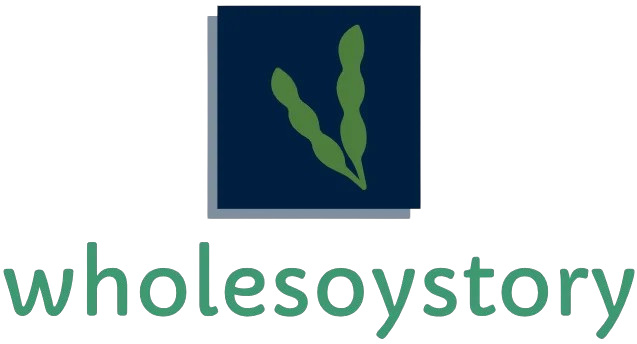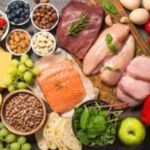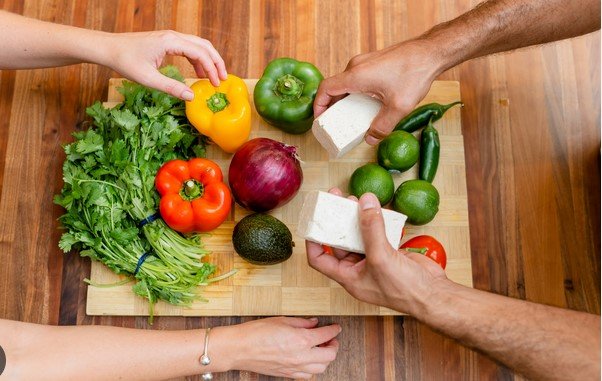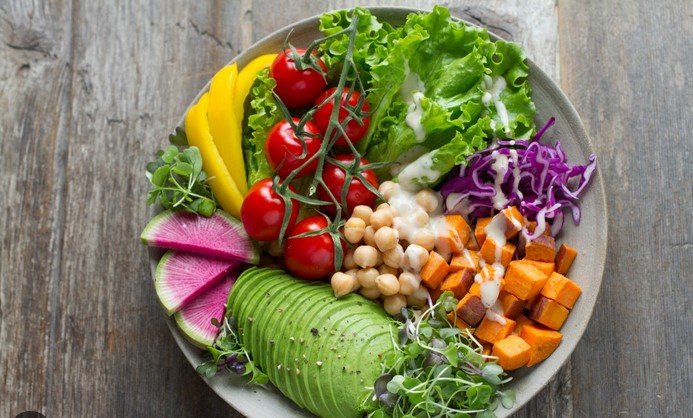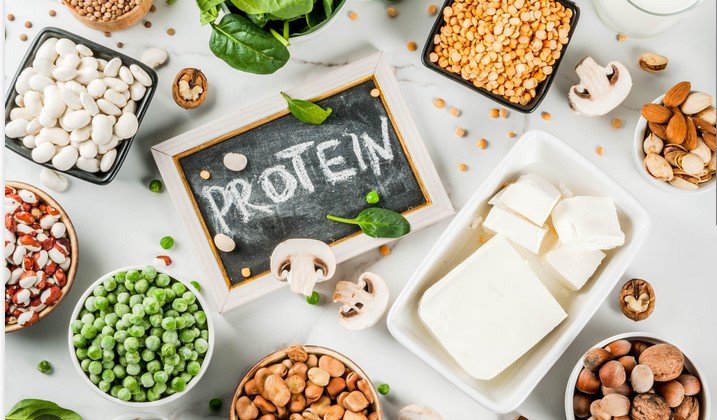Vitamin B12 is an essential nutrient that plays a vital role in maintaining healthy nerve function, red blood cell production, and DNA synthesis. It’s primarily found in animal-based foods, which can make it challenging for those following a vegan diet to obtain enough of this important vitamin. However, with the right approach, it’s completely possible to get sufficient B12 on a vegan diet.
In this guide, we’ll share some practical tips and food sources to help you maintain adequate B12 levels while following a plant-based lifestyle.
1. Understand Why B12 Is Important
Before we dive into the sources, it’s important to understand why vitamin B12 is essential. B12 helps:
- Support brain function: It plays a crucial role in the formation of myelin, a substance that protects your nerves and supports communication between nerve cells.
- Maintain healthy red blood cells: It aids in the production of red blood cells, which carry oxygen throughout the body.
- Prevent anemia: B12 helps in the formation of red blood cells, preventing megaloblastic anemia.
Without sufficient B12, you may experience symptoms like fatigue, weakness, numbness, and memory loss. Deficiency can lead to serious health issues over time, so it’s essential to ensure you’re getting enough B12.
2. Look for Vegan B12-Fortified Foods
Since B12 is naturally found in animal products, vegan sources of the vitamin are often fortified. Look for the following vegan-friendly foods that are fortified with B12:
- Fortified plant-based milks: Many brands of almond, soy, rice, and oat milk are fortified with B12.
- Fortified cereals: Some breakfast cereals are enriched with B12. Be sure to read the label for B12 content.
- Fortified nutritional yeast: Nutritional yeast is a popular vegan food with a cheesy flavor that is often fortified with B12. It’s a great addition to popcorn, pasta, and sauces.
- Fortified plant-based yogurt: Some non-dairy yogurts made from almond, coconut, or soy are fortified with B12.
- Fortified meat alternatives: Certain plant-based meat products, like burgers, sausages, and deli slices, are fortified with B12.
Tip: Always check the packaging to verify that the food is indeed fortified with vitamin B12. The amount can vary by brand.

3. Take a B12 Supplement
For many vegans, it may be challenging to get enough B12 from food alone, especially since the amount of B12 in fortified products can be low. A reliable solution is to take a B12 supplement. There are various forms of B12 supplements available, including:
- Sublingual tablets: These dissolve under your tongue and are absorbed directly into your bloodstream.
- B12 sprays: Similar to sublingual tablets, these sprays allow you to absorb the vitamin through your mouth.
- B12 pills: Available in different dosages, these are the most common supplement form.
Recommended Daily Intake: The recommended daily intake of B12 for adults is about 2.4 micrograms. A supplement can help ensure you’re meeting your daily requirement.
4. Incorporate Fermented Foods (Cautiously)
Fermented foods like tempeh, kimchi, and sauerkraut are often thought to be good sources of B12. However, research suggests that the B12 found in these foods is not always in the active form that the body can absorb and use. While they may provide some B12, they should not be relied upon as your primary source of this vitamin.
5. Choose B12 Supplements Wisely
If you decide to take a supplement, it’s essential to choose one that contains methylcobalamin or cyanocobalamin, which are the two most common forms of B12. Methylcobalamin is the form your body uses directly, making it a good option for supplementation.
Many B12 supplements come in high doses (1,000 mcg or more), which is typically safe since your body will only absorb the amount it needs and eliminate the excess.
6. Watch for Symptoms of B12 Deficiency
If you’re not getting enough B12, the deficiency symptoms can be subtle at first but become more severe over time. Watch for the following signs:
- Fatigue and weakness
- Numbness or tingling in the hands and feet
- Pale or yellow skin
- Sore tongue or mouth ulcers
- Mood changes, such as irritability or depression
- Vision problems (in severe cases)
If you experience any of these symptoms, it’s essential to talk to your healthcare provider. A blood test can determine your B12 levels and help you take action if needed.
7. Regularly Monitor Your B12 Levels
While most people don’t need to be concerned about their B12 levels, vegans should consider having their levels tested every 6 to 12 months. This can help ensure that you’re getting enough B12 and prevent deficiencies before they become serious health problems.
Conclusion: A Balanced Approach to B12 on a Vegan Diet
Vitamin B12 is essential for your health, and while it may be challenging to obtain from a vegan diet, there are plenty of ways to make sure you’re meeting your needs. Focus on incorporating B12-fortified foods into your meals, consider supplementation if needed, and regularly monitor your B12 levels to stay on top of your health. With the right planning, you can maintain a well-balanced vegan diet that supports your overall health.
